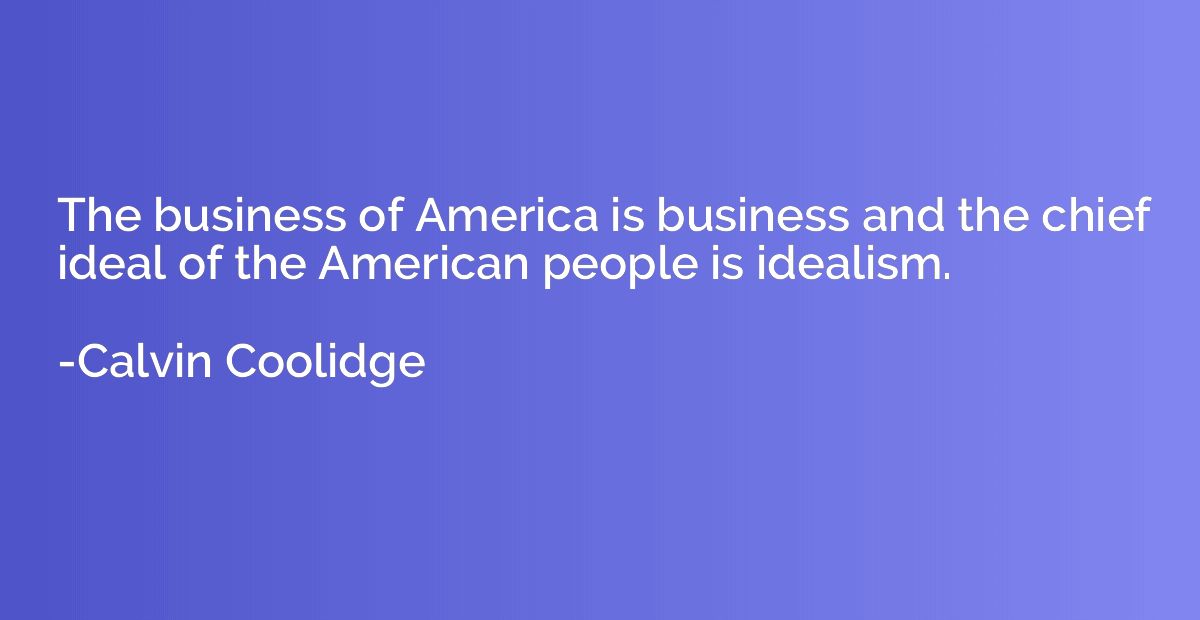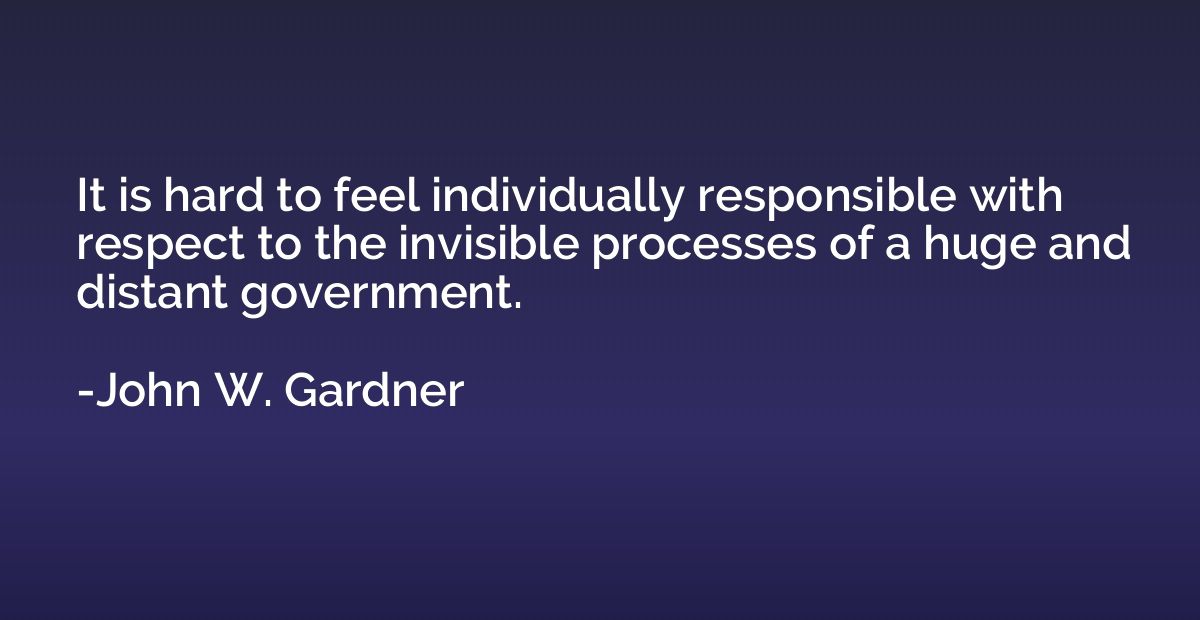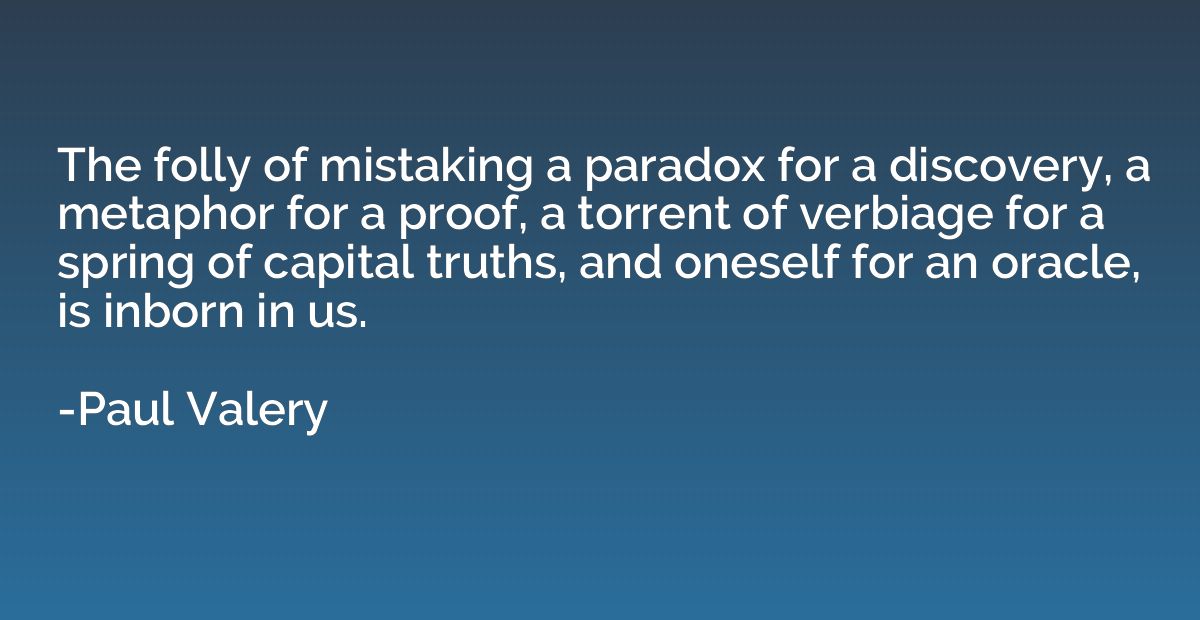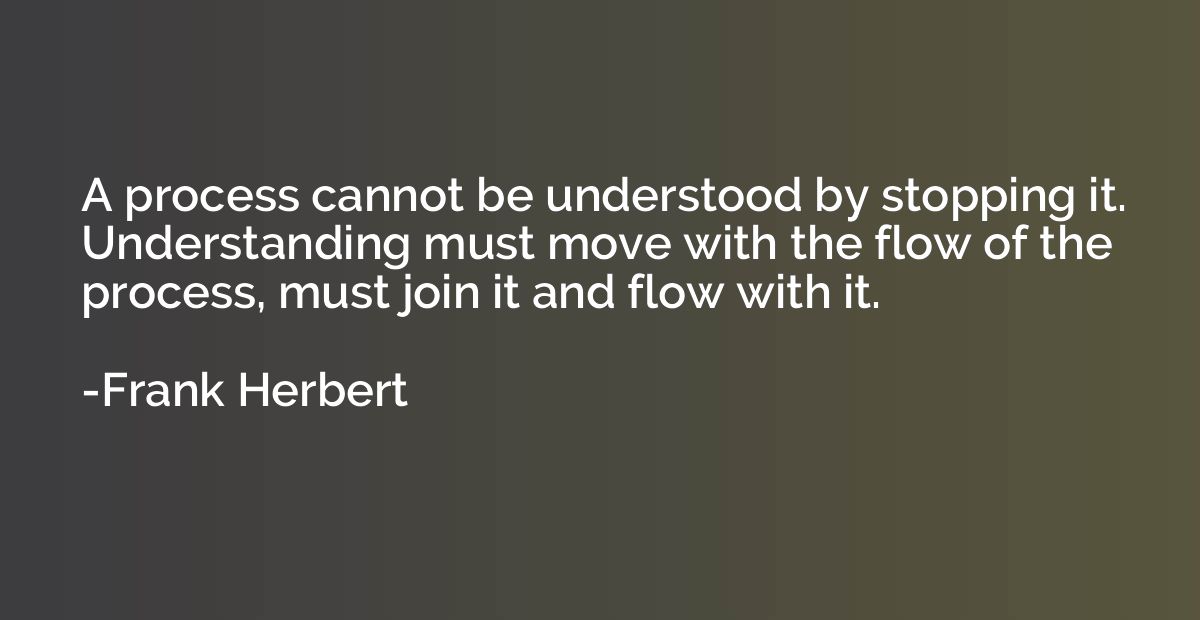Quote by William Shakespeare
Then let thy love be younger than thyself, Or thy affection cannot hold the bent

Summary
This quote, from Shakespeare's play "Hamlet," suggests that love should be youthful and vibrant, even if one is older in age. The speaker implies that if one's love and affection do not possess a youthful energy and enthusiasm, then it cannot withstand the challenges and trials of a relationship. In essence, the quote emphasizes the importance of maintaining a sense of passion and liveliness in love, regardless of one's age.














